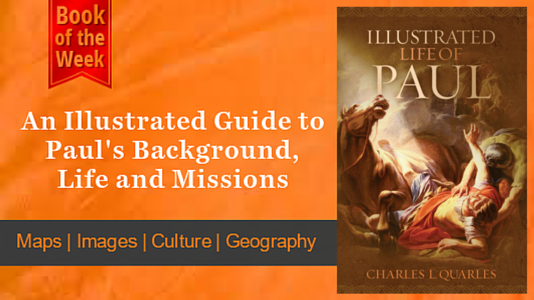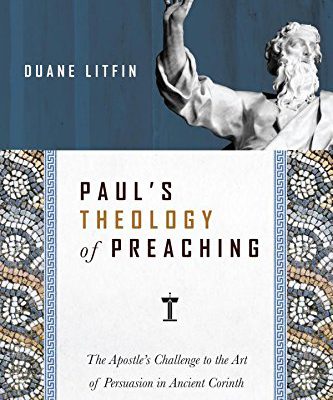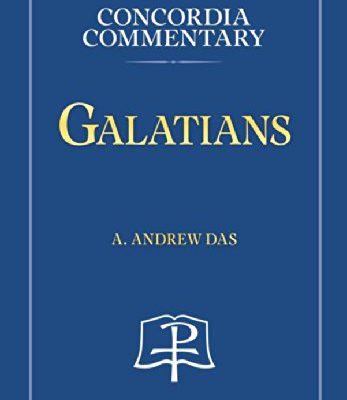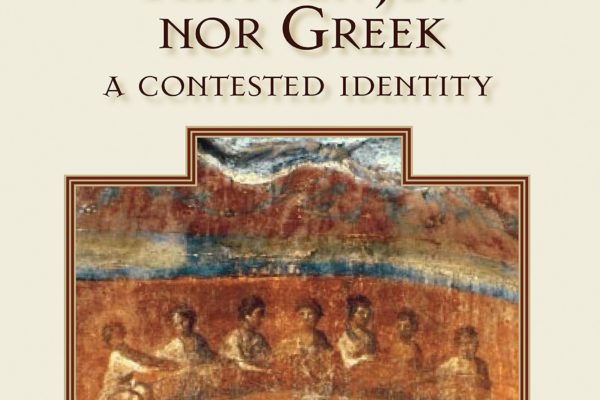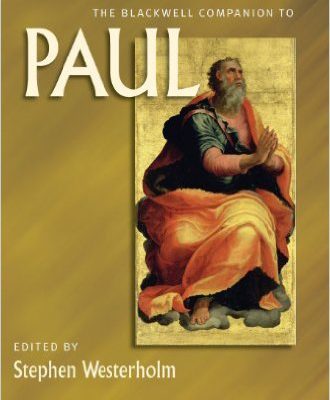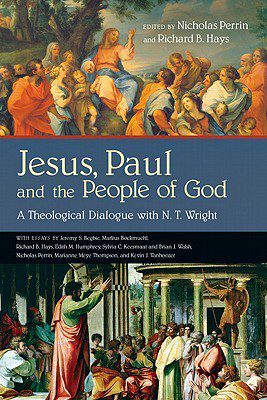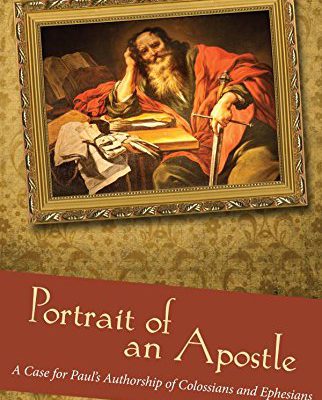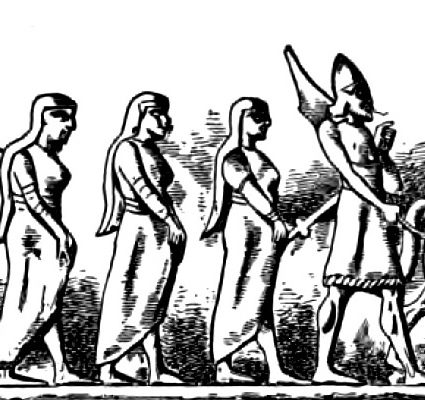Learn about Paul’s Life and Missions with this Illustrated Guide
To this date, I think one of the most difficult academic tasks is to learn about Paul’s life and missions. This topic requires memorizing much information, such as the laws of the Roman empire, the geography of the cities Paul visited, the years in which Paul visited cities, the various historical reconstructions of Paul’s journeys, the methodologies for harmonizing Paul’s letters with Acts, and much, much more. If you have never visited the regions of Paul’s journeys, and if you do…

